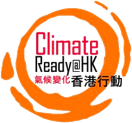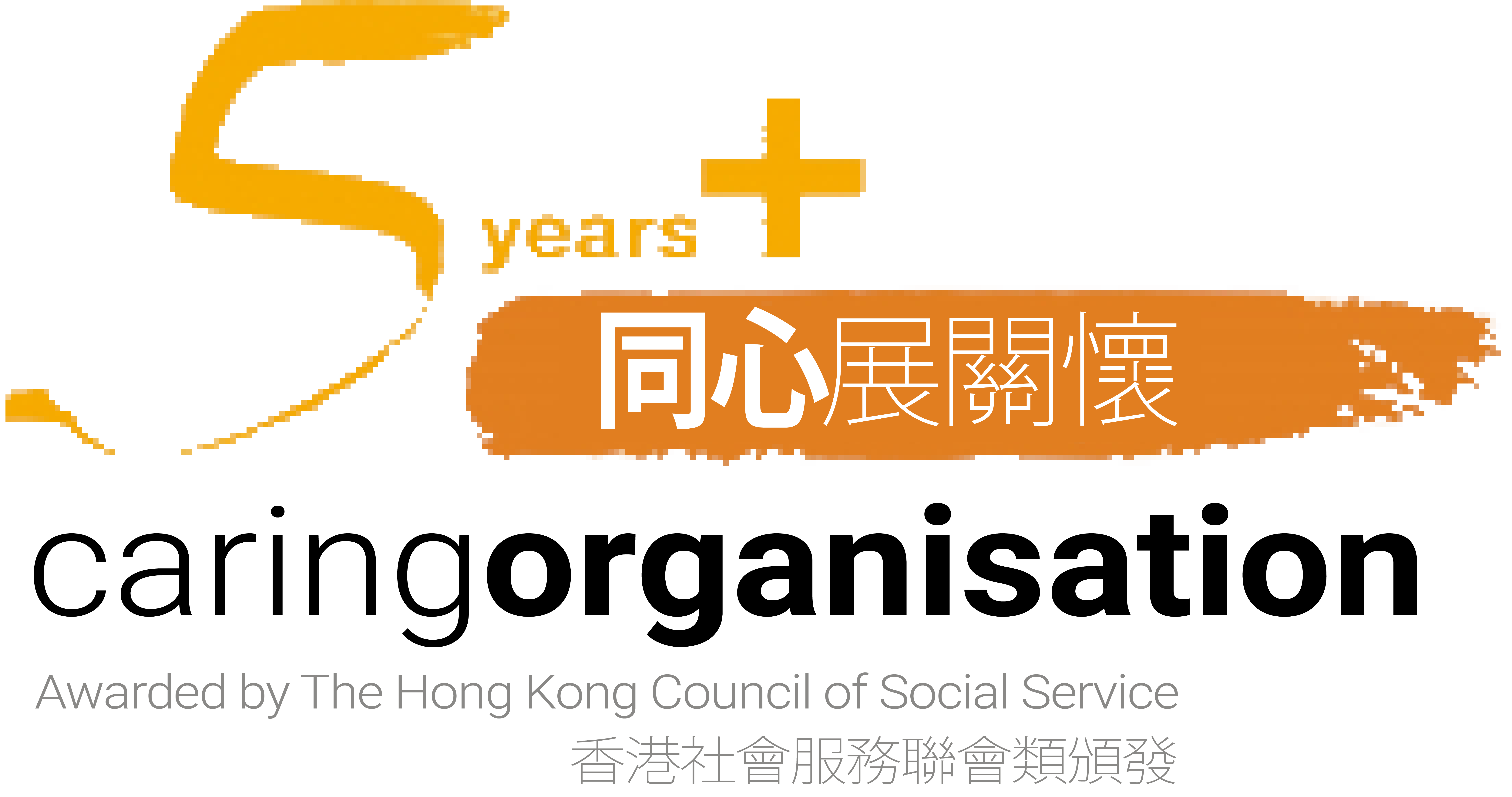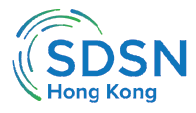
CUHK is committed to energy efficiency and carbon footprint reduction. The University has been enhancing campus infrastructure and providing its units with an array of support services and resources.
In 2020 we established the Energy Efficiency Implementation Fund (EEIF) to replace and broaden the scope of the Special Minor Works Fund. The aim of the EEIF is to encourage university units to make their operations more energy-efficient. Units may seek support from the fund, up to a maximum of $500,000 per unit per year, to implement energy conservation measures (ECMs) in their premises.
Key Features

Eligibility
- All CUHK academic, research and non-academic units, including Colleges
- Every year a unit may apply for EEIF funding for the implementation of one or more projects, but each unit is eligible to receive funding only up to $500,000 within a financial year.

ECMs supported
- Examples: LED fixtures; motion or occupancy sensors; daylight sensors and timers; timers for water boilers
- Other proposed ECMs may be considered on a case-by-case basis.
Application and Assessment

Applications are accepted on a rolling basis throughout the financial year until the annual budget is exhausted.

Assessment of funding applications
- Approval of the EEIF will depend on the nature of the project and funding availability at the time of application.
- Cost estimation will be performed by the Estates Management Office (EMO; Technical Advisor of the EEIF).
- Payback assessment will be adopted to assess the cost effectiveness of the proposed ECM projects on a case-by-case basis.
- In the event that an application is considered supportable but the balance of the EEIF in the year is insufficient to cover the full project cost, the applicant will be given an option to bear the balance of the project cost to allow for early implementation of the ECMs, or resubmit the application in the next financial year.
Implementation and Evaluation

Implementation
- The Social Responsibility and Sustainable Development Office (SRSDO) will inform the units of the application results.
- Assistance will be offered by EMO to the successful applicants to implement the approved ECMs.

Post-implementation evaluation
-
A simple survey will be carried out to study the change of user behaviour and evaluate the effectiveness of the ECMs implemented.
Enquiries

Application procedures and criteria
Social Responsibility and Sustainable Development Office
Phone: 3943 8122 (Mr Jor Fan)
Email: srsdo@cuhk.edu.hk
Technical advice
Estates Management Office
Phone: 3943 6666
Email: emo@cuhk.edu.hk
Examples of energy conservation measures
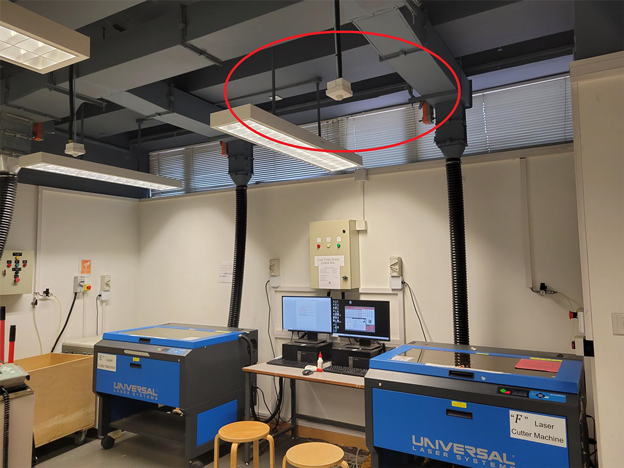
Installation of motion sensors in workshop at The School of Architecture
Advantage: The lightings and/or facilities will be switched off when no one is using it.
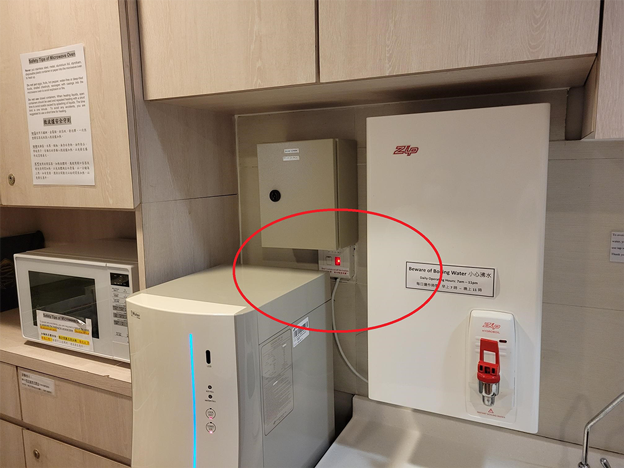
Installation of timer for water boiler in pantry at The Nethersole School of Nursing
Advantage: The water boiler will be switched off automatically after office hours and during holidays.
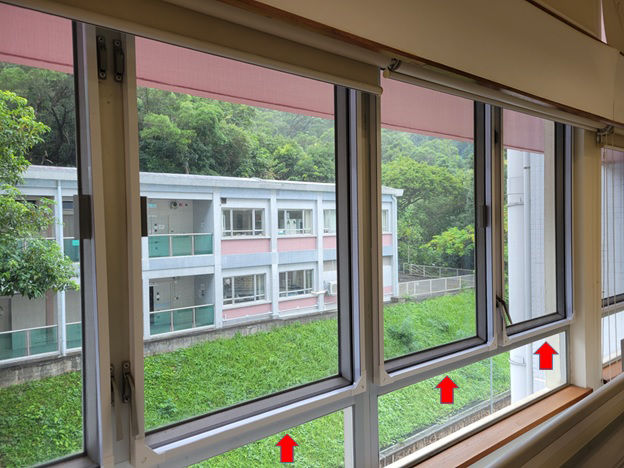
Installation of insect screens at the Department of Sociology
Advantage: As the screen prevents insect entry, colleagues could open the windows for natural ventilation.
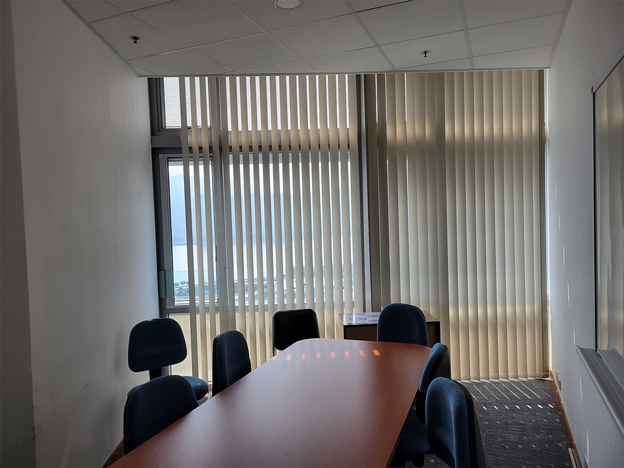
Installation of solar window film and curtain blinds at the Registry Offices at Yasumoto International Academic Park
Advantage: The curtain blinds enable colleagues to control the amount of sunlight that enters the room. Together with the window film installed, the light and heat coming from the sun could be efficiently reduced. Hence, the use of air- conditioning could also be reduced.








